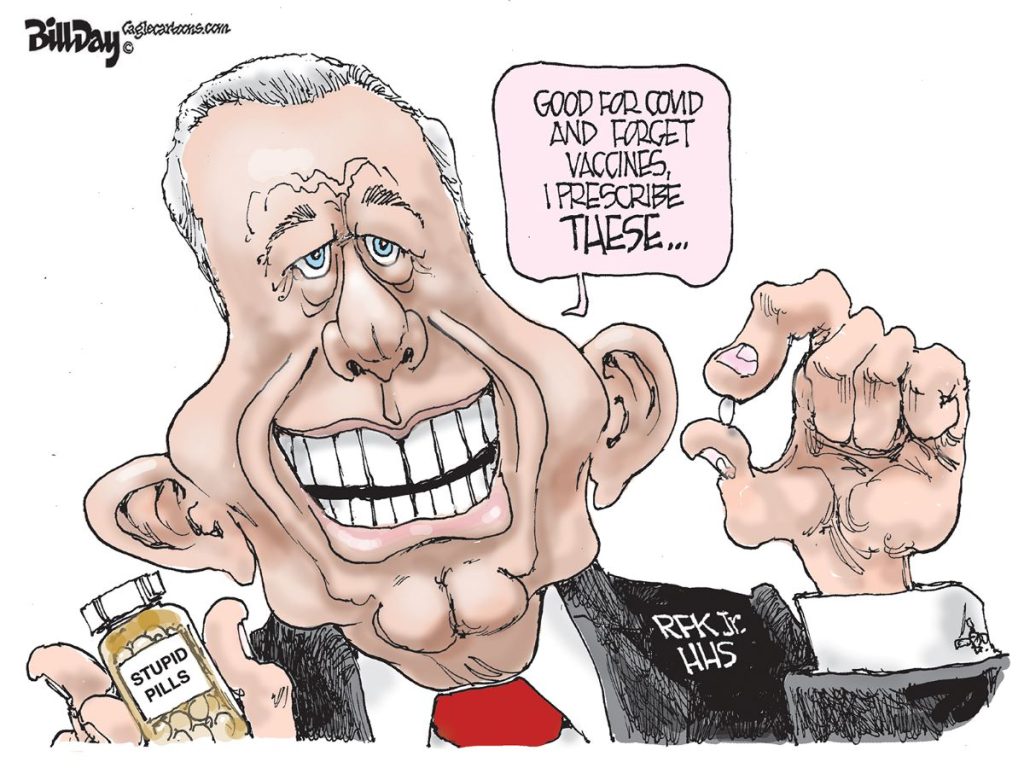From Slate:
By Neil deMause|Posted Wednesday, Oct. 5, 2011, at 12:30 PM ET
In that sense, sports expenditures should be looked at less as new economic activity than as spending that’s cannibalized from elsewhere in the local economy. During the 1994 baseball strike, the Canadian Broadcasting Corporation surveyed Toronto businesses on how the sudden disappearance of the then-World Series champion Blue Jays was affecting local businesses. It found that some of them were doing just fine, indeed, with video stores reporting a particular boom in rentals. As one Toronto comedy club owner quipped, “We really think it’d be in the best interest of the entertainment community in Toronto if the hockey players sat out the whole season, too.”
In fact, there are some indications that losing games to a labor dispute could be good for a local economy. Humphreys and Coates found that per-capita income actually increased during sports work stoppages, albeit by a fraction of a percentage point: 0.38 percent for baseball strikes and 0.17 percent for football.
At a sporting event, however, the cycle is cut short. That’s because a disproportionate share of sports revenues goes to a handful of people—the team owner and the players typically soak up the majority of every dollar spent at a game. When a local grocery store owner goes out to dinner, he ends up putting money in the pockets of busboys who’ll later visit his store to buy vegetables and milk. When LeBron James cashes one of his paychecks, by contrast, it’s unlikely that he spends it all at the local Walgreens. Rather, your outlay on Heat season tickets will end up doing as much to boost the Bahamas as it does the economy in South Florida.
If you believe the leakage theory, then a lengthy NBA lockout could actually improve local economies. “People are still going to spend their money,” says Baade, “but they’re going to spend probably more of it on locally owned and operated entertainment activities.” Baade does note that a handful of studies seem to show minor-league teams giving a small boost to local economic activity. If your city is small enough and has few other attractions, perhaps would-be visitors will steer clear unless there’s a game on. That could indicate that smaller NBA cities like Oklahoma City or Sacramento would still be at risk from a lockout.
Yet those single-team cities actually have an advantage over their big-market brethren. In New York, a spurned Knicks fan might instead take in a Rangers game, giving his entertainment dollars to the same corporate owner and to a new set of players who spend their salaries out of town. In Sacramento, they’re more likely to, say, go bowling. That means less leakage, countering any negative effects from out-of-towners who remain out of town.
The biggest impact is likely to be felt in cities whose new arenas are being paid off with dedicated arena-district taxes, as those municipalities could face short-term problems in paying off their bonds. (Sacramento, which is considering building a new arena for the Kings in part with ticket taxes and other game-related revenues, might want to take notice.) But ultimately, that’s little more than a bookkeeping problem: If cities’ general funds are flush with sales taxes collected from non-NBA spending, that should more than make up for any shortfall.
Despite this mostly sanguine news, a few businesses do still need to worry. “There is no doubt in my mind you can find a bar or a restaurant right next to the [Verizon Center] in D.C. where they’re going to lose some business,” says Humphreys.
If you run a nonsports bar across town, however, you should stock up on liquor. While a lockout may be bad for businesses in the shadows of NBA arenas, it could be boom times for anyone offering fans something else to do on cold winter nights. And if that doesn’t cheer up despondent fans, consider this: Whatever’s on Netflix has to be more entertaining than the Timberwolves.
To read more, click here.


